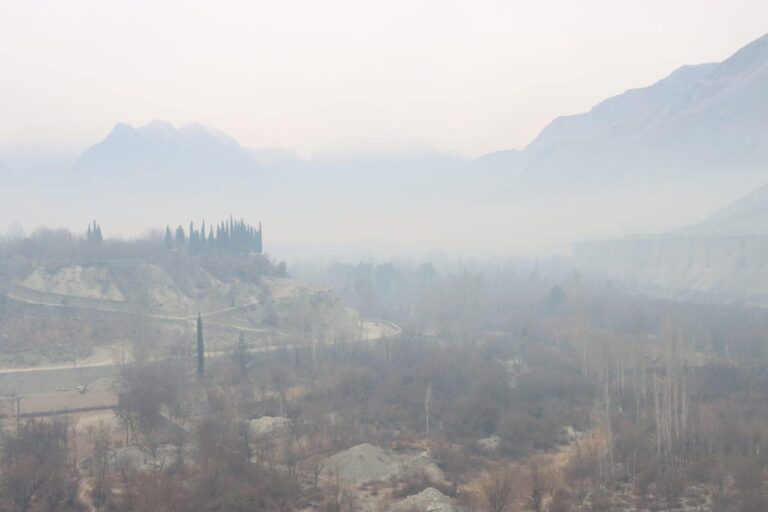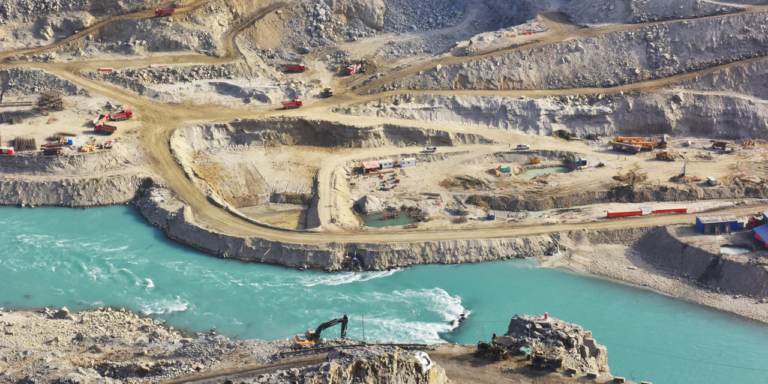Introduction:
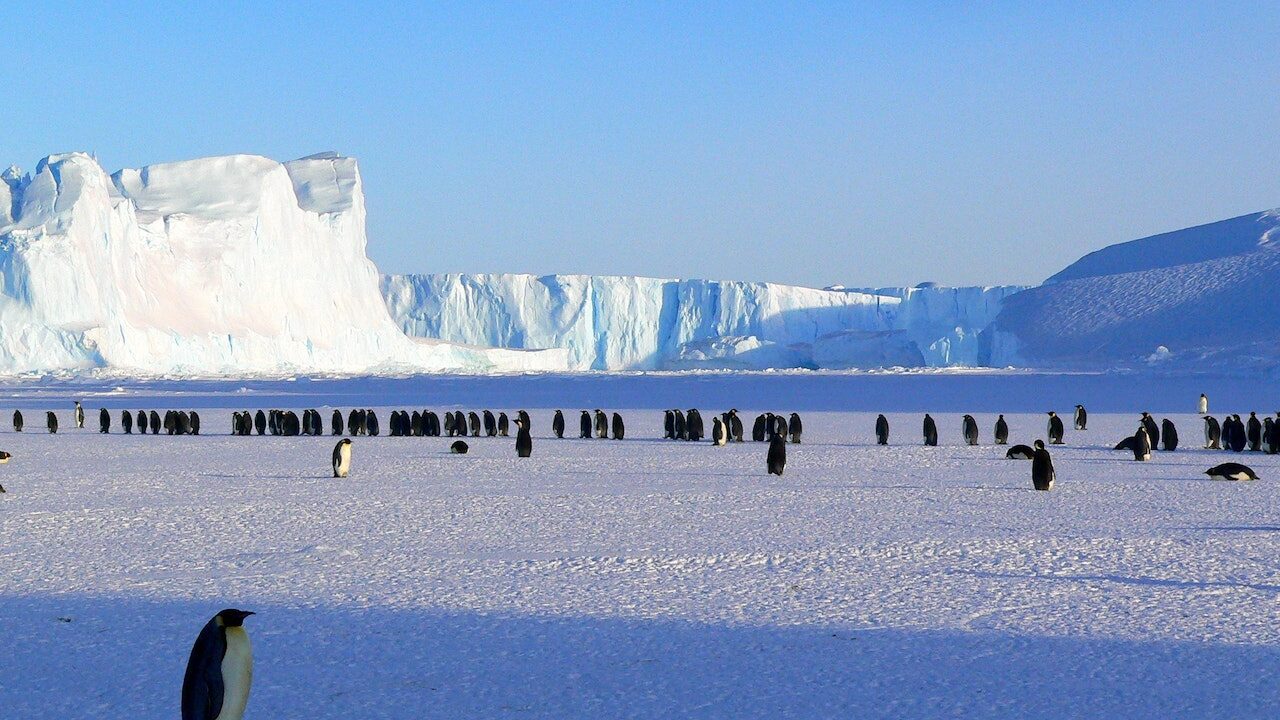
Preventing the collapse of the Antarctic Circumpolar Current (ACC) is crucial in regulating the planet’s climate, as the Southern Ocean that surrounds Antarctica plays a vital role. This region is home to the ACC, a powerful ocean circulation that transports heat and nutrients around the world. The risks posed by the eventual collapse of this current, however, as well as its possibly calamitous impact on the Earth’s climatic patterns, have specialists growing increasingly concerned.
What is the Antarctic Circumpolar Current?
Connecting the Atlantic, Indian, and Pacific Oceans, the Antarctic Circumpolar Current is a strong ocean current that round the Antarctic continent in a clockwise direction. The only ocean current that completely circles the earth is this one, and it is crucial to the planet’s climate system. The ACC aids in the global distribution of heat, nutrients, and carbon dioxide. It also aids in the control of ocean currents in other parts of the planet.
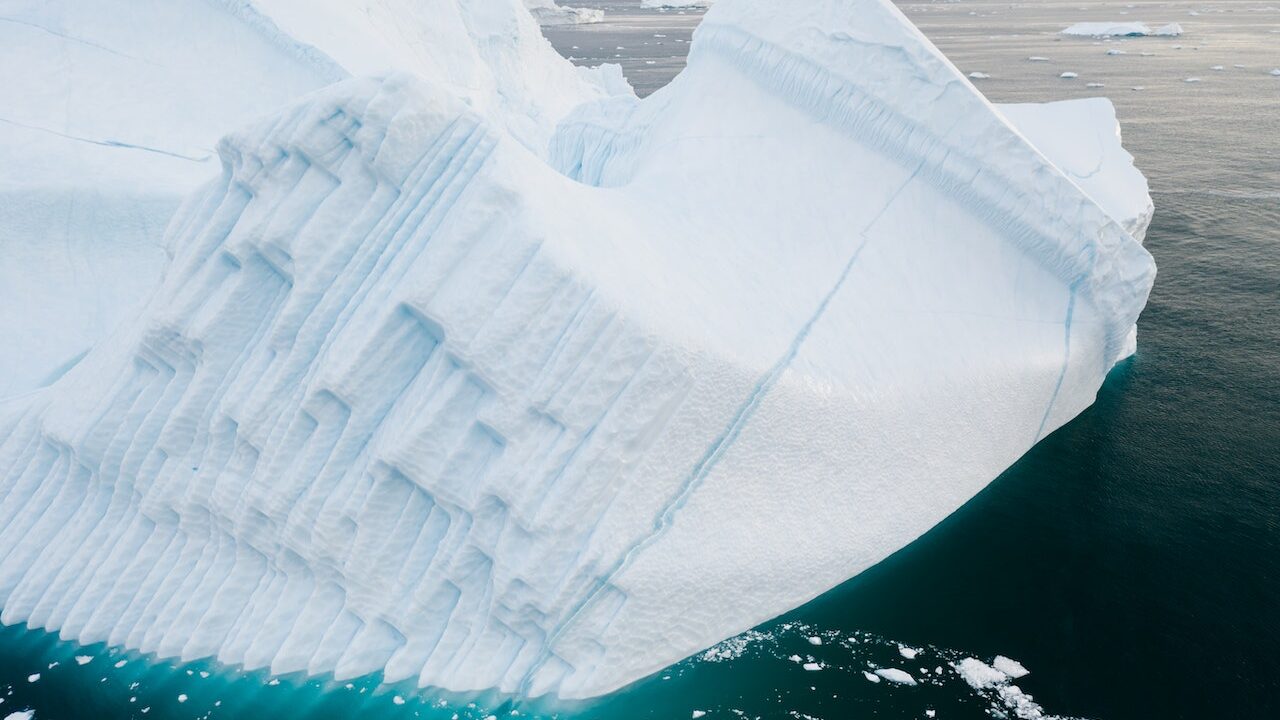
The strong westerly winds that blow around Antarctica and the contours of the ocean floor are two of the elements that influence the ACC. One of the world’s fastest ocean currents, the current may move at up to 2 meters per second.
Why is the Antarctic Circumpolar Current important?
The Antarctic Circumpolar Current is essential in controlling the temperature of the planet. It contributes to the global distribution of heat and nutrients and controls ocean currents in other parts of the earth. In order to lower the amount of carbon dioxide in the atmosphere, the ACC also helps to move carbon dioxide from the ocean’s surface into the deep ocean.

The ACC’s influence on other ocean currents demonstrates how significant it is. For instance, the Gulf Stream, which carries warm water to the coast of western Europe and serves to maintain the area’s relative warmth, is propelled by the current. This and other ocean currents might be disrupted if the ACC were to fail, which could have a significant impact on global climate patterns.
What is the risk of collapse?
The Antarctic Circumpolar Current, despite its significance, is in danger of collapsing as a result of climate change. Ocean currents in the area are being significantly affected by the region around Antarctica warming more quickly than practically anywhere else on the planet.
One of the key issues is that the Southern Ocean’s warming is resulting in less dense water. As a result, it has a lower likelihood of sinking to the ocean’s floor and creating the deep ocean currents that power the ACC. The effect is that the current can decrease or perhaps stop.
Another issue is the possibility of a freshwater influx into the Southern Ocean as a result of the Antarctic ice sheet melting. This could dilute the saltwater in the area, further lowering its density and decreasing its likelihood of sinking to the ocean floor.
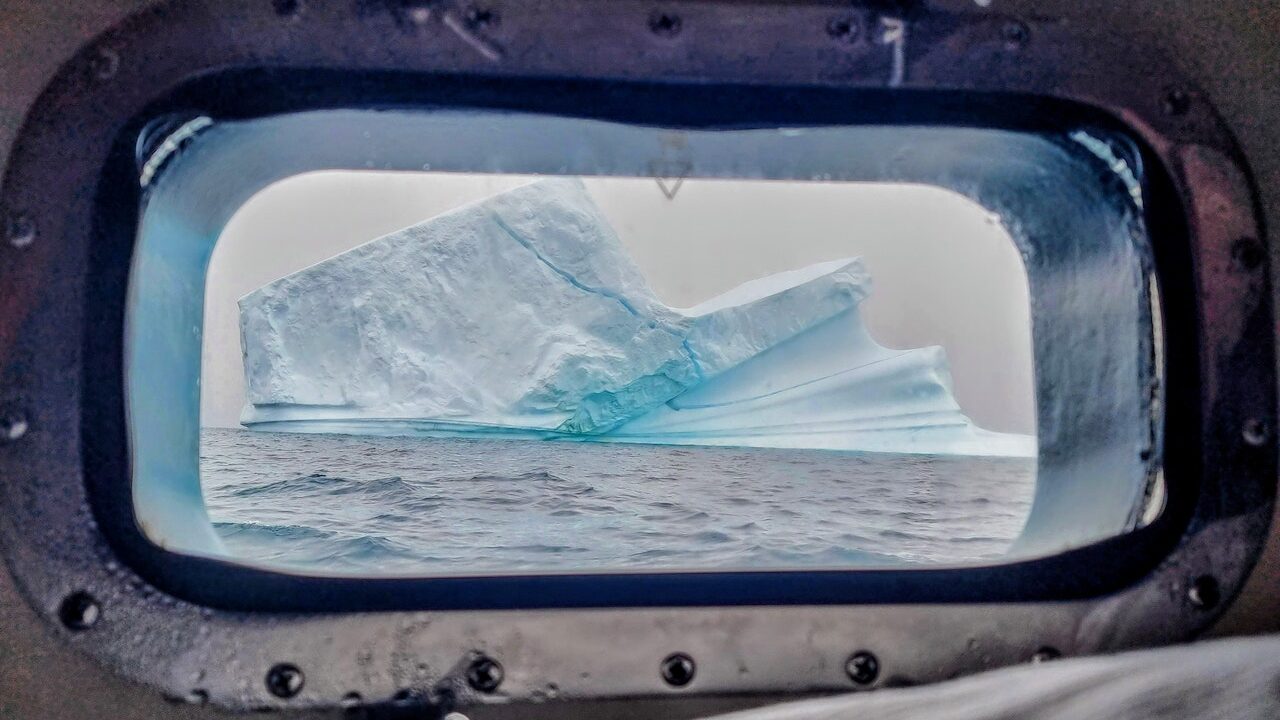
What would happen if the Antarctic Circumpolar Current collapsed?
The Antarctic Circumpolar Current’s demise would have a significant impact on the climate of the planet. The disruption of the ACC-driven ocean currents would be one of the most noticeable effects right away. This might alter how heat and nutrients are distributed throughout the earth, which might have significant effects on the environment and the economy.
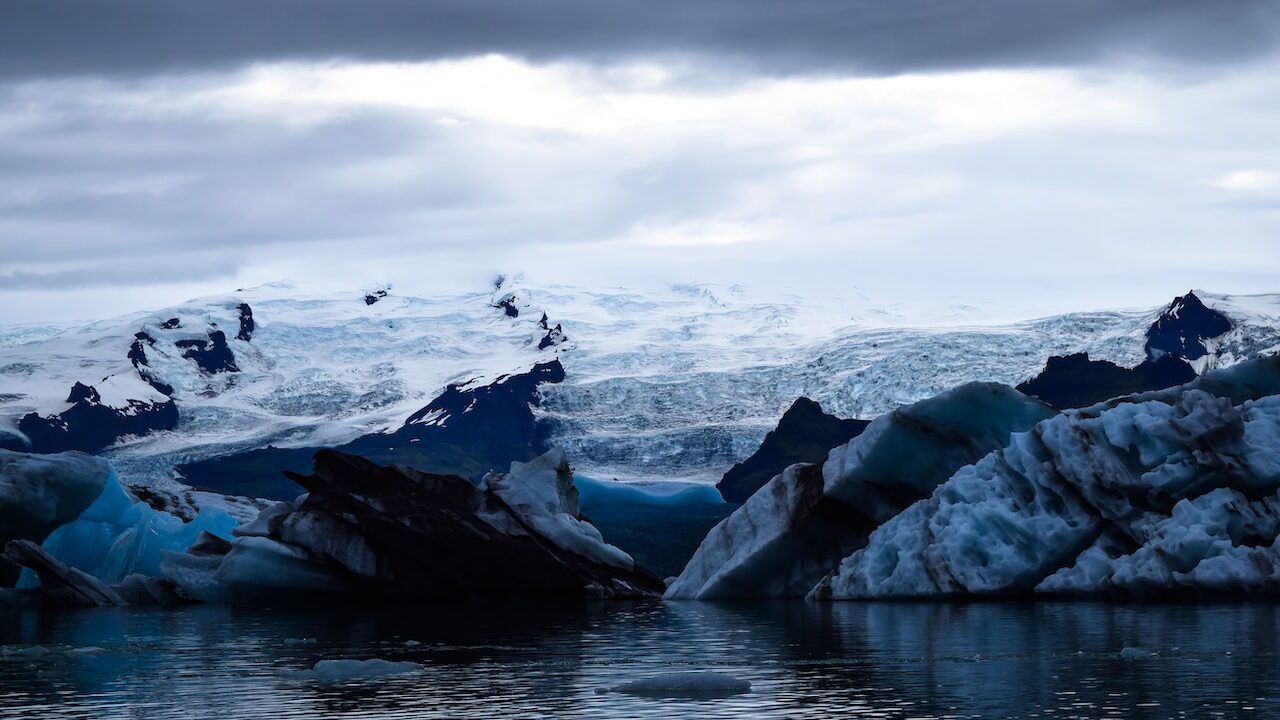
Another possible effect is that the ACC’s demise would accelerate sea level rise. This is so that the Antarctic ice sheet may remain stable, as the current keeps cold water in the Southern Ocean. The Antarctic ice sheet would continue to melt if the circulation were to stop, which might result in many meters of sea level rise if warm water from other areas of the planet flooded into the Southern Ocean.
What can be done to prevent collapse?
A coordinated effort to address the underlying causes of climate change will be necessary to stop the Antarctic Circumpolar Current from collapsing. This will entail lowering greenhouse gas emissions and aiming to implement a low-carbon economy transition. The Southern Ocean and its habitats will, however, also need to be protected, which will need focused efforts.
Creating marine protected areas in the Southern Ocean is one possible strategy. These protected areas might contribute to maintaining the region’s healthy ocean currents as well as the biodiversity of the area. Additionally, the preservation of important species, like krill, may contribute to the preservation of the food chain and the resilience of the ecosystem in the face of climate change.

The study of the mechanisms governing the Antarctic Circumpolar Current and the potential effects of its collapse must also be continued. This study will aid in informing policy choices and offering direction on the best ways to mitigate the dangers brought on by climate change.
Conclusion
A major threat that could have a substantial impact on the climate of the planet is the collapse of the Antarctic Circumpolar Current. It is obvious that urgent action is required to address the underlying causes of climate change and save the Southern Ocean and its ecosystems, even though the current is not now in immediate risk of collapsing. We can contribute to ensuring that the Antarctic Circumpolar Current continues to play its significant role in regulating the Earth’s climate for generations to come by cooperating to reduce greenhouse gas emissions, establish marine protected areas, investigate carbon dioxide removal technologies, and carry out research into the mechanisms driving the current.
References:
- Climate Change Threatens to Cause Ocean Currents to Collapse, Yale Environment 360, 2021. https://e360.yale.edu/features/climate-change-ocean-circulation-collapse-antarctica
- The Southern Ocean and Climate Change, British Antarctic Survey, 2021. https://www.bas.ac.uk/about/antarctica-and-the-southern-ocean/the-southern-ocean-and-climate-change/
- Antarctic Circumpolar Current, National Ocean Service, 2021. https://oceanservice.noaa.gov/facts/acc.html
- The importance of the Antarctic Circumpolar Current, Antarctic and Southern Ocean Coalition, 2021. https://asoac.org/the-importance-of-the-antarctic-circumpolar-current/
- Carbon Dioxide Removal, Intergovernmental Panel on Climate Change, 2021. https://www.ipcc.ch/report/ar6/wg3/#:~:text=Carbon%20dioxide%20removal%20(CDR),on%20land%20or%20in%20the

